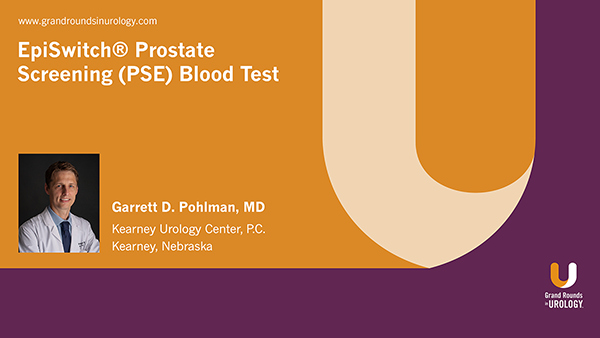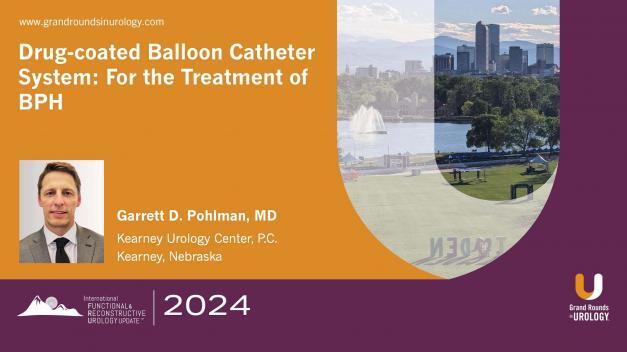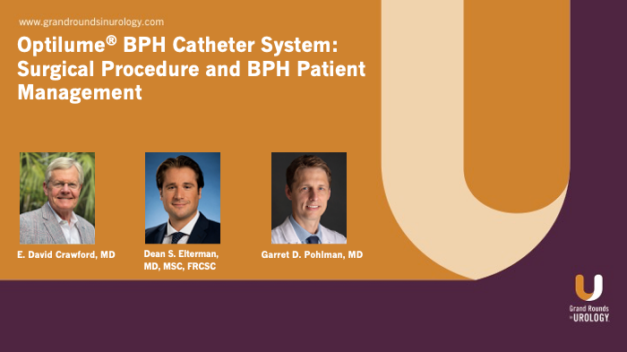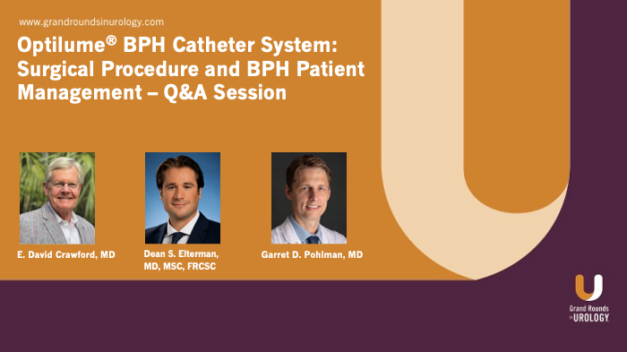EpiSwitch® Prostate Screening (PSE) Blood Test
Garrett D. Pohlman, MD, discusses his experience with the EpiSwitch® Prostate Screening (PSE) Blood Test in his practice. This presentation was supported by Oxford BioDynamics. He begins with a brief overview of the weaknesses of PSA tests alone in determining if further testing (i.e. prostate biopsy, etc.) is indicated or not.
Dr. Pohlman then brings up emerging complementary tests that mitigate the weaknesses of PSA alone, like the EpiSwitch® Prostate Screening (PSE) Blood Test. He explains that the EpiSwitch® PSE combines five epigenetic biomarkers with a standard PSA test in prostate cancer screening. He briefly discusses how the simplified test can be implemented in practice and how the test results are quickly and clearly delivered in patient-friendly formats to facilitate shared decision-making.
Dr. Pohlman then discusses the validation processes behind the EpiSwitch® PSE test, including its high accuracy, specificity, sensitivity, and positive/negative predictive values, which reduce the need for unnecessary prostate biopsies. He presents data supporting the benefits of using non-invasive biomarker tests like the EpiSwitch® PSE test in prostate cancer screening prior to MRI and/or prostate biopsy.
Dr. Pohlman concludes by presenting case studies where the EpiSwitch® PSE test would have prevented unnecessary biopsies and MRIs. He discusses his practice’s success in using the EpiSwitch® PSE tests to screen for prostate cancer without defaulting to invasive testing.
Read More




